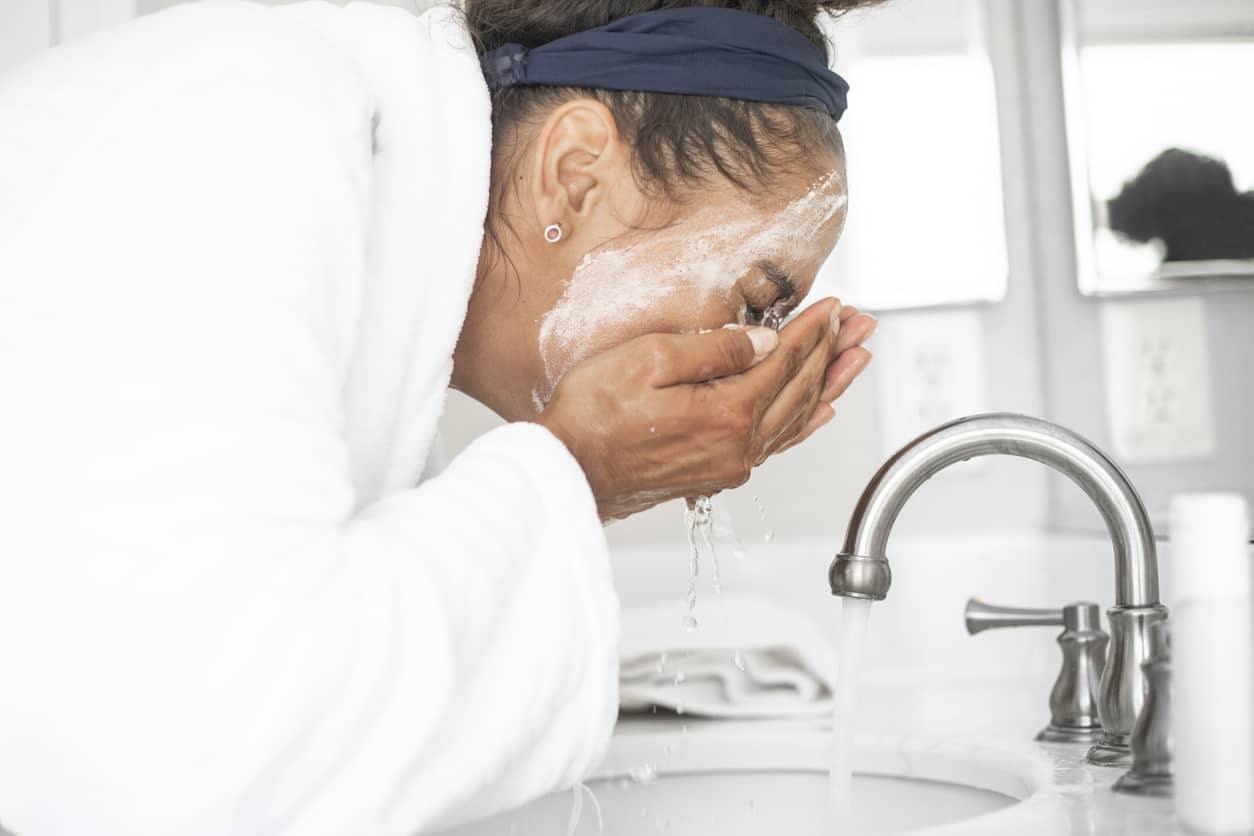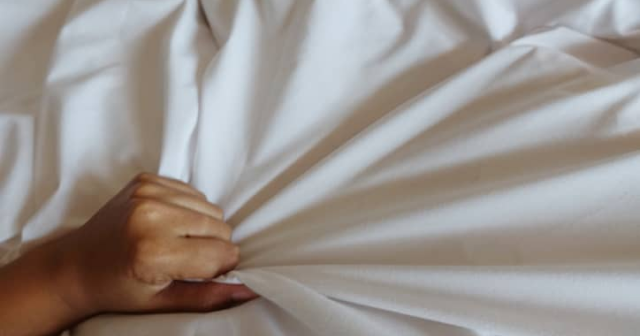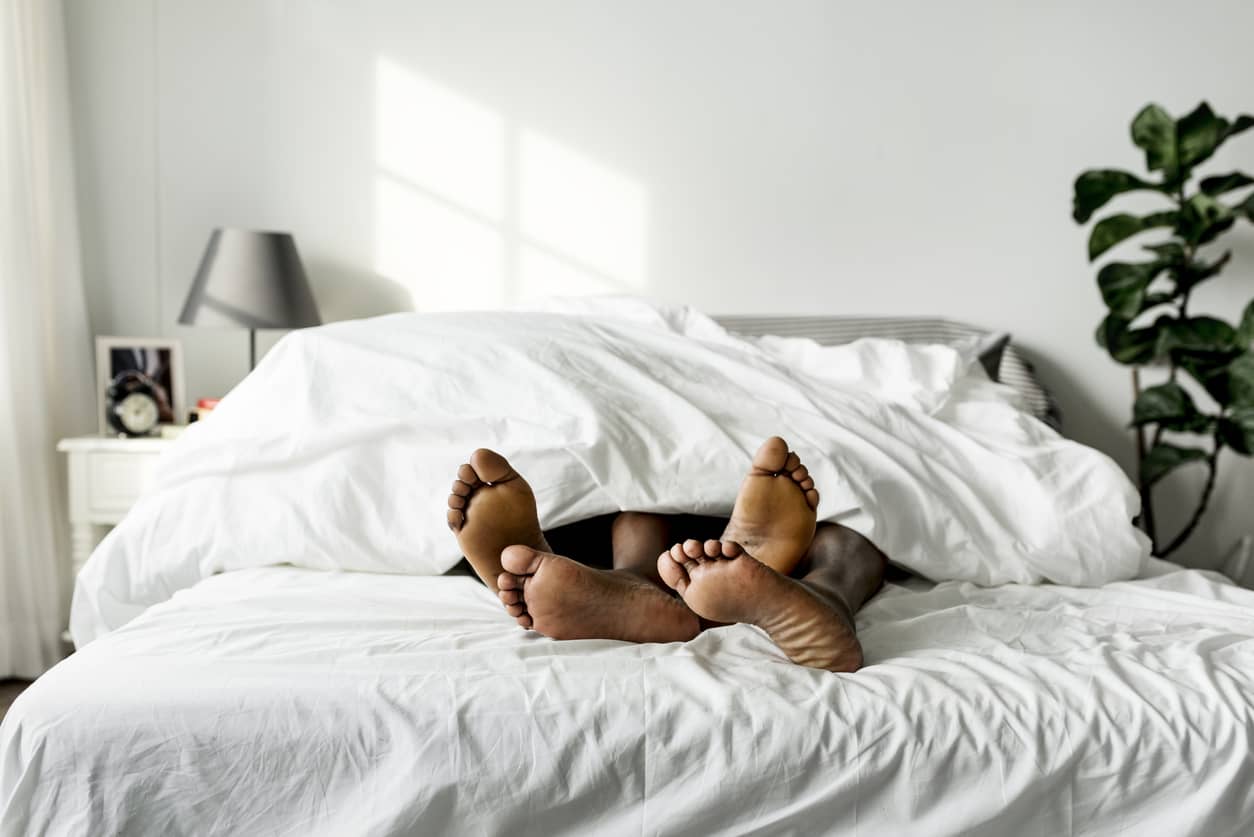Masturbation – when you get sexual pleasure from stimulating your genitals, usually with your hand – is completely normal. People of all ages and genders do it, and it might be the first sexual experience you have.
But even though it's very common, there are still lots of myths about masturbation. You might even have heard that masturbating can cause a breakout of spots on your skin. So read on to learn the facts about masturbation and acne.
Masturbation and acne
So, does masturbation cause pimples? Well, no. But there may be a reason why some people think there’s a link.
People often masturbate for the first time during puberty – the time in your life when you start to become sexually mature. Sex hormones trigger a range of emotional and physical changes in your body, so you may start to experiment with masturbation.
We may also be more likely to get acne during puberty. Again, this is due to hormones. They trigger your body to make more of an oily substance called ‘sebum’, which protects your skin, but it can also block your pores and cause acne to develop.
So puberty can make both masturbation and acne more likely – but masturbation certainly doesn’t cause acne.
You can get spots and acne regardless of your age or whether you masturbate. If you’re struggling with acne, it’s a good idea to speak to a pharmacist or doctor for advice. Self-help treatments include:
- trying not to wash your face too much – this can irritate your skin
- using mild cleansers and lukewarm water
- avoiding squeezing or picking spots – this can cause scarring
- avoiding using too much make-up or cosmetic products
- using water-based or ‘non-comedogenic’ products that won’t clog your pores
- washing your hair regularly and keeping it off your face

When to speak to a doctor
Acne is very common in teenagers and young adults, but it can make you unhappy if it doesn’t go away. If you've tried acne treatments from the pharmacy without success, speak to your doctor. They’ll be able to check your skin and may prescribe medication to help.
Are there any masturbation side effects or risks?
For the record, masturbation doesn’t cause any physical or mental health problems – even if you do it often – and you’re unlikely to hurt yourself.
But if you do it a lot in a short space of time, your genitals may feel sore. And if you do it too roughly, there’s a small risk of cuts or bruising – particularly if you use an object that could cause damage, such as a sex toy.
There’s no risk of pregnancy or sexually transmitted infections (STIs) if you masturbate on your own. But if you’re masturbating with a partner, there’s a small risk of infection if you touch their genitals and then touch your own. This is because STIs can be passed on in fluid from a vagina or penis.
If you use an object, such as a sex toy, to masturbate yourself or someone else, make sure you use it correctly and keep it clean, to avoid the risk of injury or infection. This is especially important if you’re sharing sex toys with another person, and you should clean them between uses.
Key points
- there are lots of myths about masturbation, but it’s a normal sexual activity
- it doesn’t cause any physical or mental health problems
- there’s no link between masturbation and acne, but both are common during puberty
- if you have acne that won't go away, your doctor may be able to prescribe medication






